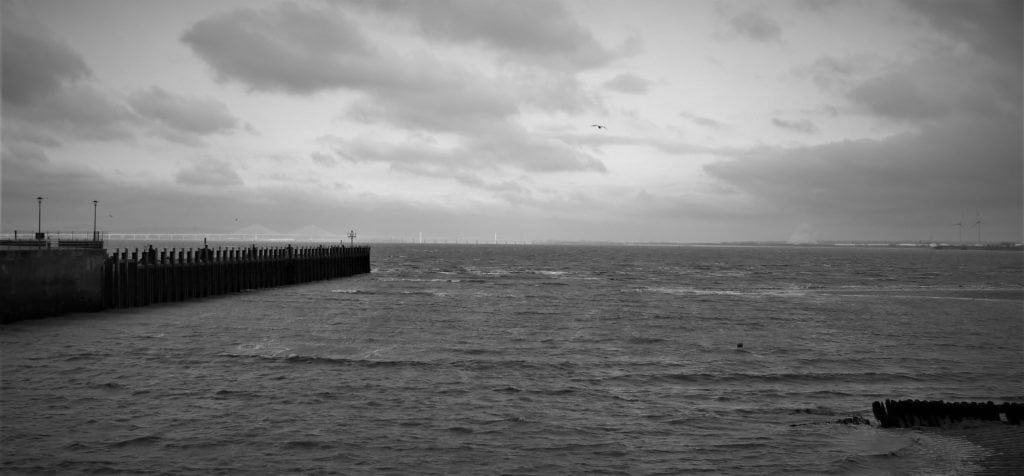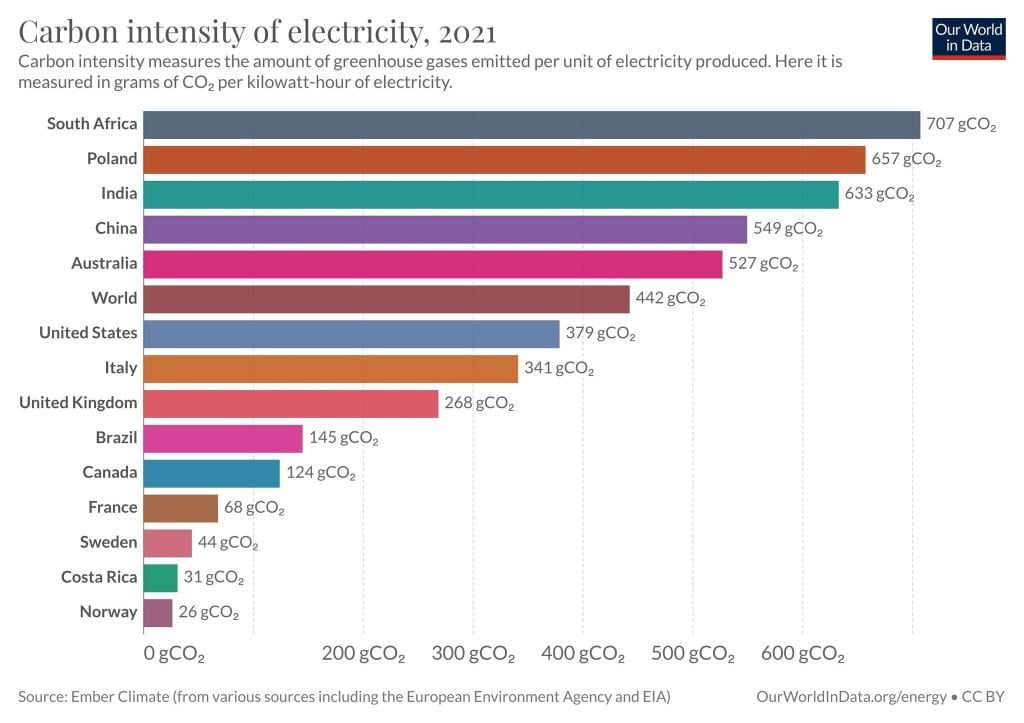We have a wood burning stove. I’m not afraid or ashamed to tell you that. I love our wood burning stove and sometimes even worship it on cold Cape Town evenings. So colour me both wholly unhorrified and completely unsurprised to learn that wood burning is – environmentally – a Bad Thing to do.
I think we all knew this already.
I am a little irritated with the way that I was told about this, though.
The Observer led with this headline:
Which might well be accurate, but when I read the article, the only bit in there that actually eluded to that being the case was this one:
Sensors were placed throughout Ashley ward, which encompasses deprived parts of St Pauls and better-off Bristol neighbourhoods such as Montpelier. Oluwatosin Shittu, 40, who lives in St Pauls, found his sensor picked up more pollution during the weekend when some residents were burning wood and during rush hours when cars queued on local roads.
“At the weekend [pollution] was high because obviously up the hill [in Montpelier] people were burning wood,” he said.
The word “obviously” is doing an awful lot of hard work there.
Does Bristol only get cold at the weekends, then? Citation required.
To be fair, I last went to Bristol in 2010, on a Saturday, and it was absolutely feckin’ freezing, so there is some evidence for that, but it’s still a bit of a stretch to a) claim that those are the only days when it’s cold, and b) assume that any air pollution on those days comes from affluent people burning wood in their wood burning stoves. However, one must remember that this is the lefty Observer, the spiritual Sunday read of the Champagne Socialists, so the posh people have to be blamed for everything, somehow.
But is it really an issue?
Steve Crawshaw, who manages the project for the council, said domestic wood burning was a serious and growing problem. He added that the number of days exceeding WHO pollution guidelines in the ward were broadly in line with the city average, but still a cause of concern.
So the alleged wood burning stove pollution on the weekends in Ashley Ward makes it very much the same as everywhere else in the city where more or less affluent people do or don’t have wood burning stoves some or all of the time, then?
Ok.
I’m not saying that any pollution is a good thing, of course, but when you read the stats in that very article, it does seem like a bit of a storm in a teacup. Because if you look at the bad bits about the PM 2.5 pollution that wood burners chuck out, they look quite bad:
The latest analysis from the Department for Environment, Food and Rural Affairs (Defra) reveals that wood burners and open fires are now responsible for 17% of the country’s total PM 2.5 pollution – more than the pollution caused by road traffic. Nationally, emissions from domestic wood burning increased by 35% between 2010 and 2020.
But if you manage to get to the next paragraph, it’s actually all ok:
A Defra spokesperson said PM 2.5 pollution had fallen by 18% since 2010.
So it really just seems like a cheap shot at some middle-class people to me.
Back to Cape Town. Which we can’t really compare with Bristol because they’re entirely different places (like Sweden and Bulgaria). No-one here has central heating. It’s just not a thing. So yes, while my family are relatively well off and burning wood, those living in shacks in the local townships are also burning wood. A Cape Town cold front (such as the one outside right now which has already dumped 32mm of rain on us in the last 24 hours) is no fun for anyone beneath it, and burning wood to keep warm turns out to actually be a great leveller in our society.
But how would we keep warm if we didn’t burn wood?
Paraffin and LPG prices are prohibitively expensive as a way to heat your home – whatever size or type it may be (and they’re about to get even more expensive):
Electricity – if you have it – is every bit as pricey, it’s generated by filthy coal…
…and it’s regularly unavailable anyway as loadshedding often kicks in.
There’s no piped gas. No double glazing. Very few carpets.
We don’t need them for 10 months of the year.
So where’s any alternative, let alone an eco-friendly one?
There are only so many jumper and blankets you can put on.
On our positive side, most of the wood that we burn comes from invasive trees, so we are doing our bit to preserve the local natural environment, even as we chuck out toxins and particulates into that same natural environment.
Look, despite the rumours, there’s little chance of any legislation around wood burning coming soon to South Africa. That would deny many millions of people any sort of warmth or comfort. And even if it did, there would be one very obvious issue why it just wouldn’t work. Because if you’re going to ban the burning of wood, you’re clearly going to also have to ban braai’ing. That would be the final final nail in the ANC’s coffin.
So that’s just not going to happen.
Thus, with many apologies to the local PM 2.5 count and to the cursed residents of St Pauls in Bristol, I’m about to go and chuck some more Bluegum on the fire: it’s chilly and needs must.









